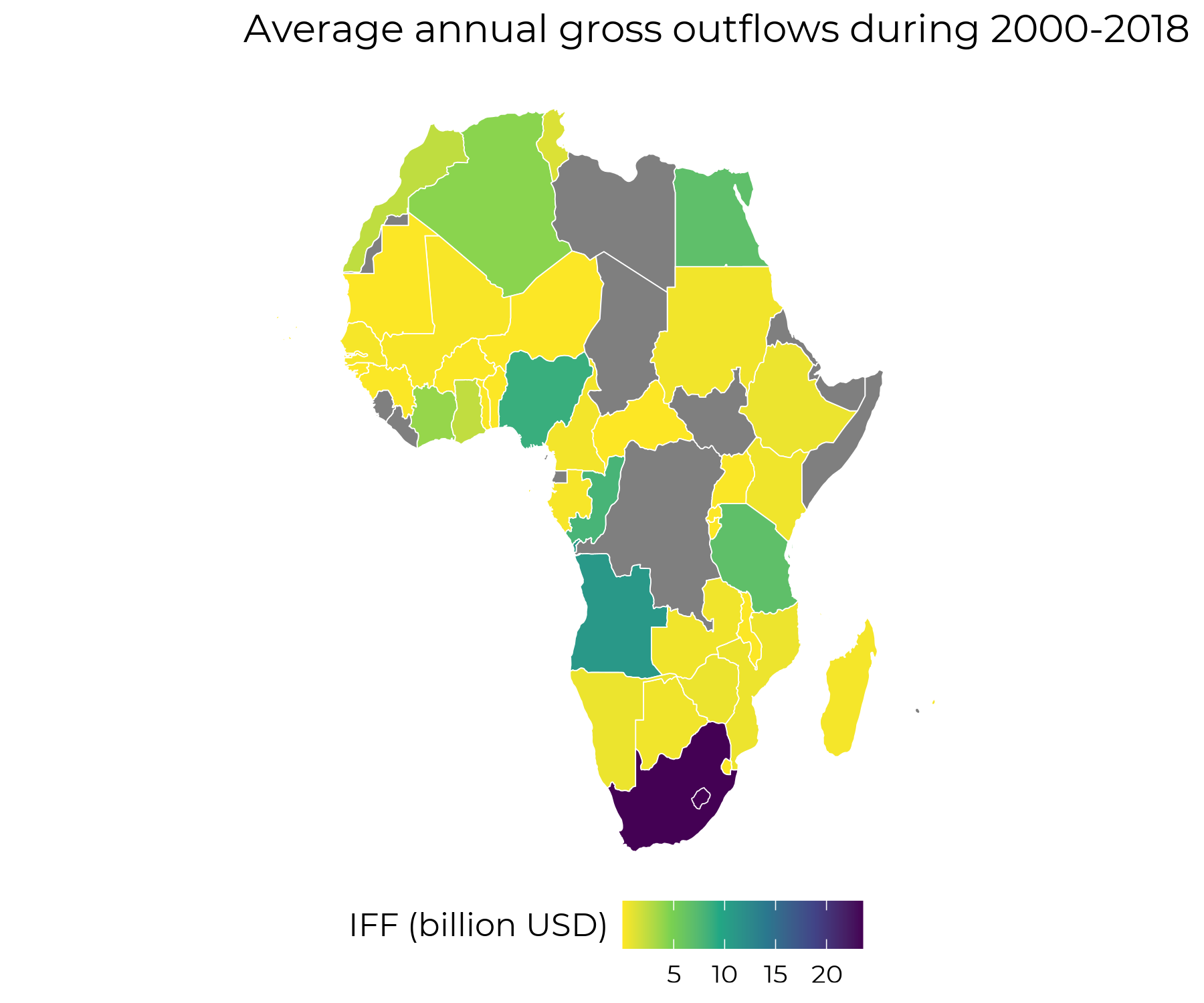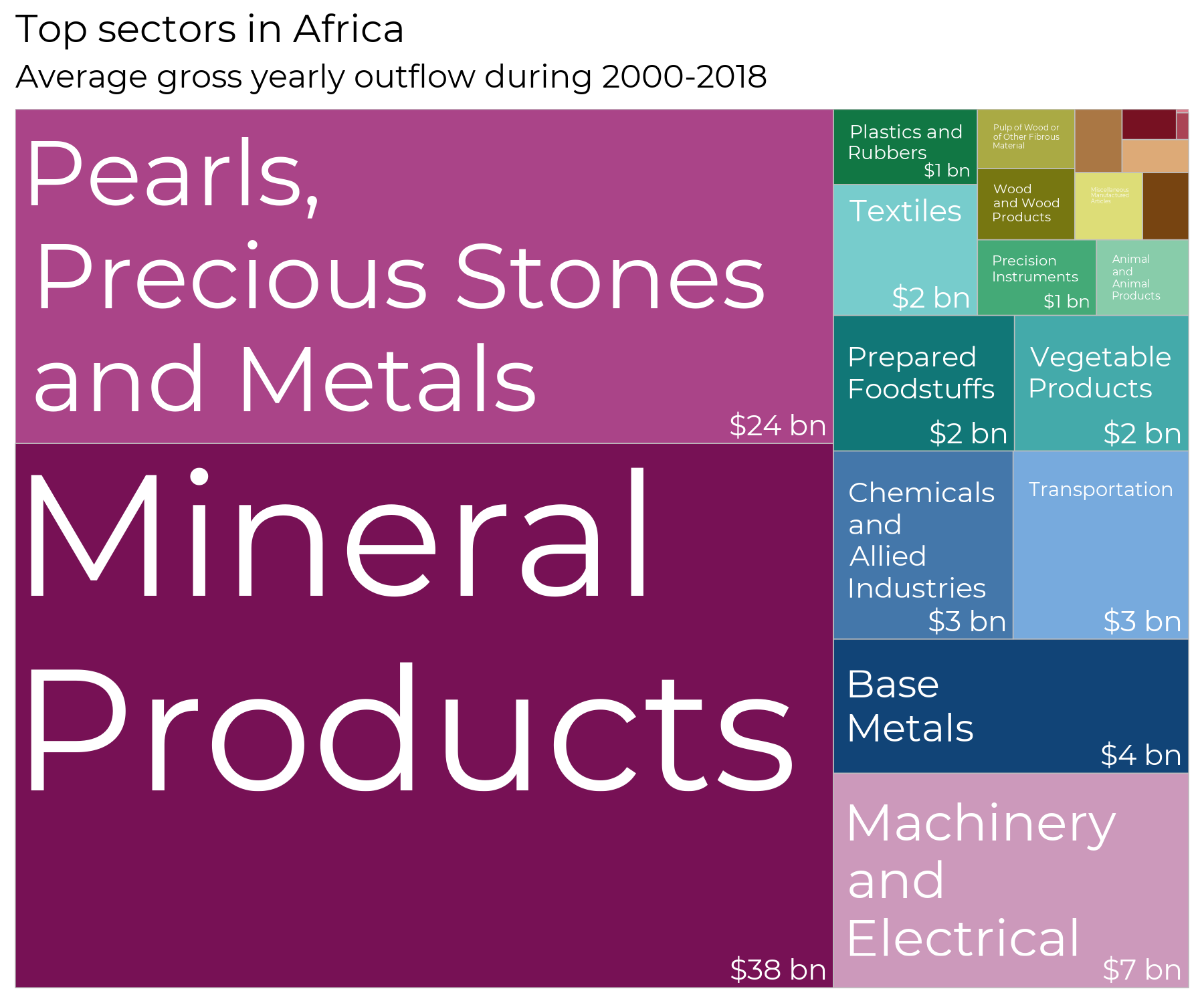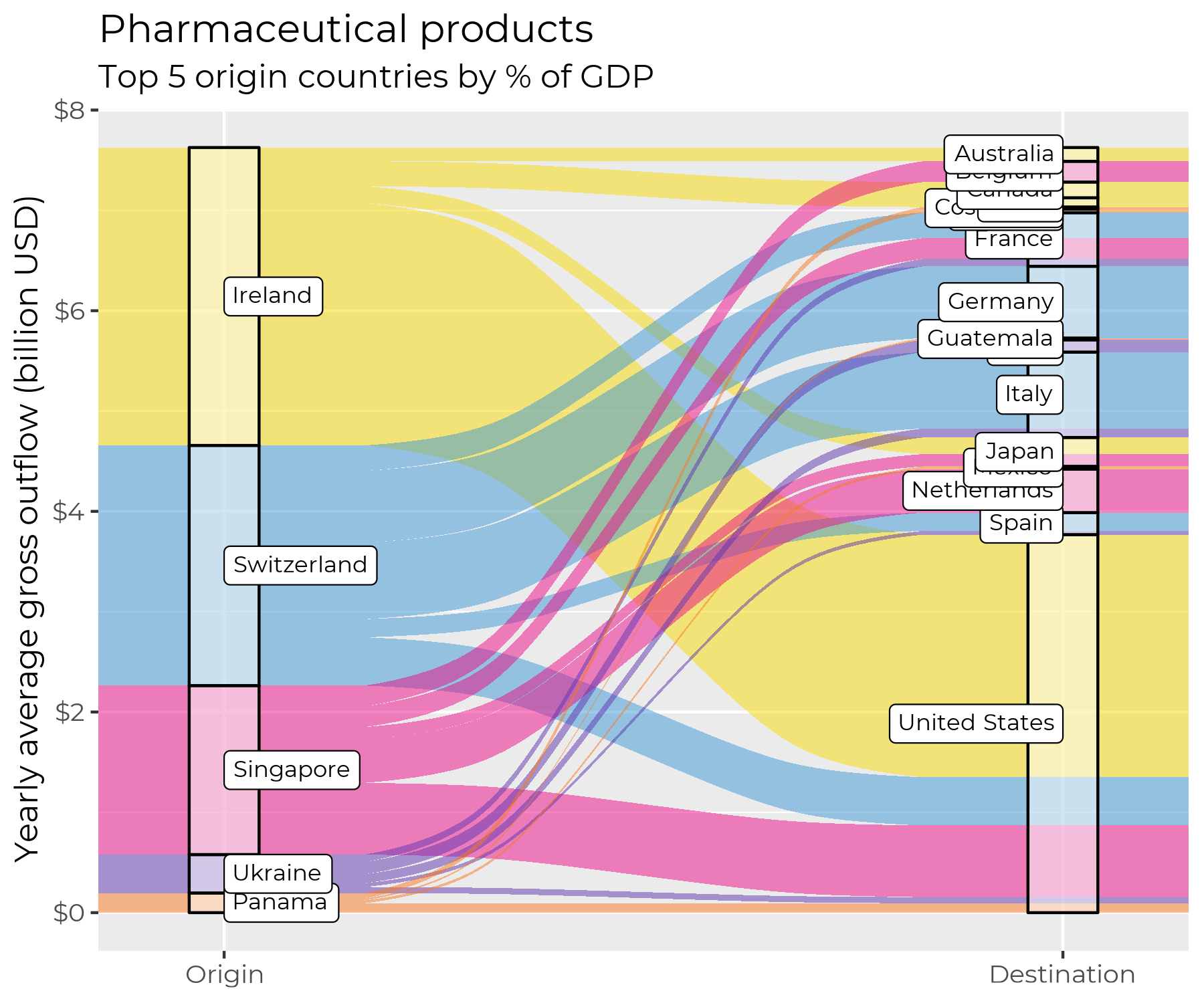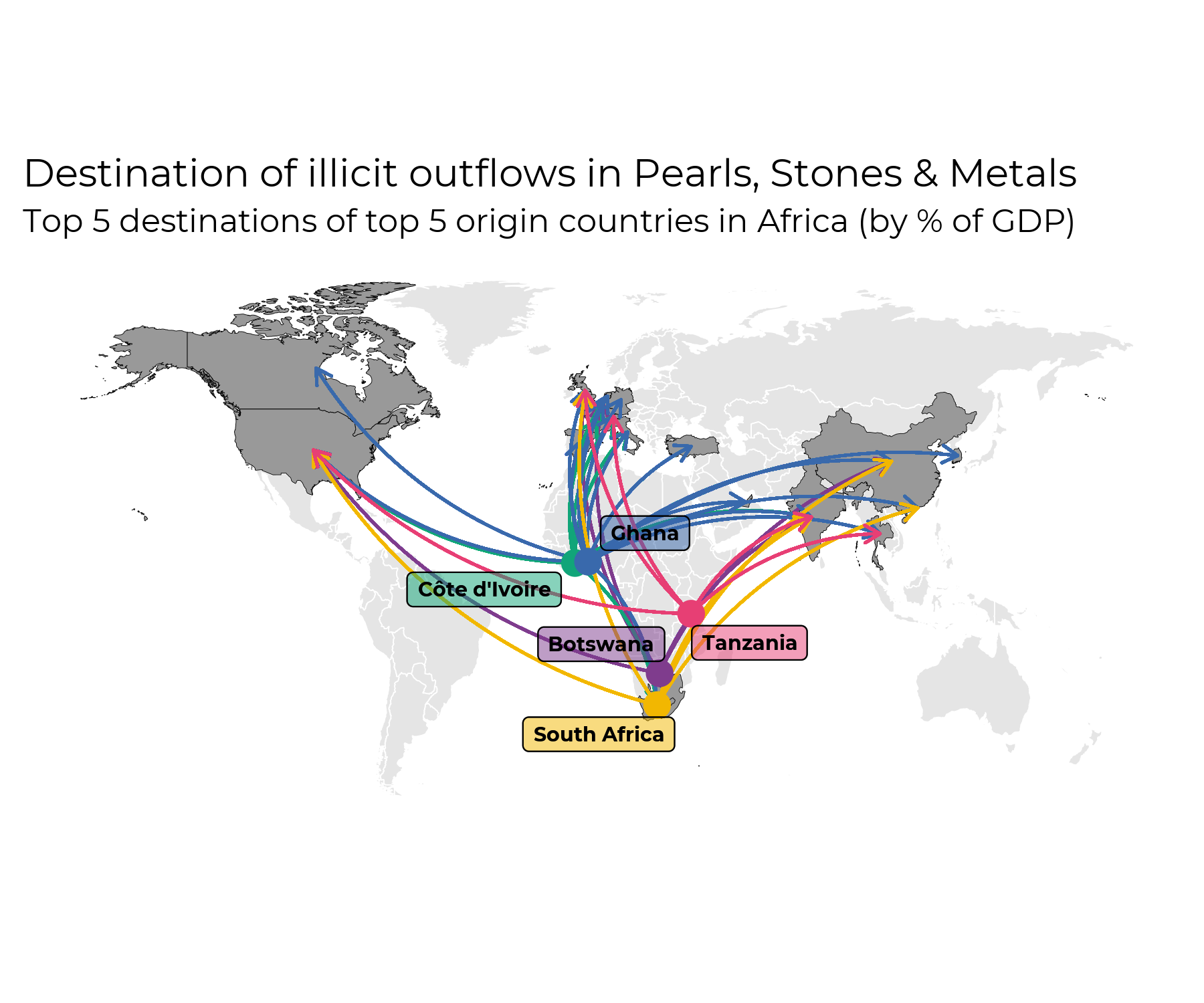Illicit Financial Flows
Illicit financial flows (IFF) designates cross-border flows of capital that has been illicitly earned, transferred, or used. As a trained development economist, I study illicit financial flows and their implications for development. In addition to depleting foreign exchange reserves and eroding tax revenues, illicit financial flows worsen poverty, undermine the rule of law, and weaken state institutions.
The High Level Panel on Illicit Financial Flows from Africa, chaired by Thabo Mbeki, was established with a mandate to shed light on the scale of IFF in the continent. I served as a consultant on the report produced by the High Level Panel that was subsequently endorsed as a Special Declaration by the African Union at its Twenty-Fourth Assembly (Assembly/AU/Decl.5.(XXIV)).
I regularly engage with policy-makers on the topic of IFF. I was part of the Second Expert Meeting on Statistical Methodologies for Measuring Illicit Financial Flows (jointly organized by UNCTAD and UNODC). I have also presented at the United Nations Economic Commission for Africa’s Inception Meeting on Preventing Trade Mis-invoicing in Selected African Countries, and for the Technical Committee of the High Level Panel.
Trade misinvoicing
Trade misinvoicing is an illicit practice designed to move money in and out of a country through the deliberate falsification of customs invoices at import and export. Motivations for trade misinvoicing include laundering money, financing terror, evading taxes and tariffs, exploiting subsidy regimes, circumventing capital controls, and escaping domestic regulations.
I have consulted for the United Nations Economic Commission for Africa to develop the organization’s new methodology to estimate trade misinvoicing (with William Davis and Gamal Ibrahim).
The “atlas of misinvoicing” is an original database of bilateral estimates of misinvoiced trade disaggregated by commodity sector for 167 countries during 2000-2018.
The “atlas” shows that Africa lost on average $86 billion a year between 2000 and 2018 in trade misinvoicing.

The natural resources sector was the most misinvoiced on the continent during 2000-2018.

The “atlas” database also provides disaggregated estimates of trade misinvoicing by sector, which can help researchers and policy-makers identify the bilateral relationships and sectors that merit further investigation.

Finally, the “atlas” can shed light on patterns of illicit trade that have been overlooked in existing academic research. For example, Botswana has been widely celebrated as a country that escaped the resource curse by carefully managing the revenues from its diamond mining industry. Yet, the “atlas” reveals that Botswana is in the top 5 of countries for illicit trade in the sector of Pearls, Precious Stones, and Metals, which suggests that existing accounts of Botswana’s good governance of natural resources are missing part of the story.

Risk-based approaches
Risk measures for illicit financial flows
My work on trade misinvoicing provides estimates of the scale of misinvoicing, i.e., a dollar value. A complementary stream of work, joint with Alex Cobham, provides a risk-based approach to IFF.
This methodology and dataset is used by the Tax Justice Network in their Illicit Financial Flows Vulnerability Tracker.
Zooming in on Africa and Latin America
We use this methodology to estimate the vulnerability and exposure of African and Latin American countries to IFF risk. We present risk profiles for individual countries, which allows for granular comparison of IFF risk across countries and by channel, and highlights the partner jurisdictions where IFF risk is the highest. We provide guidance for policy-makers on policy areas to prioritize in order to combat IFF in these regions. See here for the report on vulnerability and exposure to IFF in Africa and here for the report on Latin America.
Machine learning approaches
In this paper, I present a machine learning approach to ameliorate the problem of missing data from developing countries, where administrative systems for data collection tend to be weaker, and which do not collect data on customs declarations.